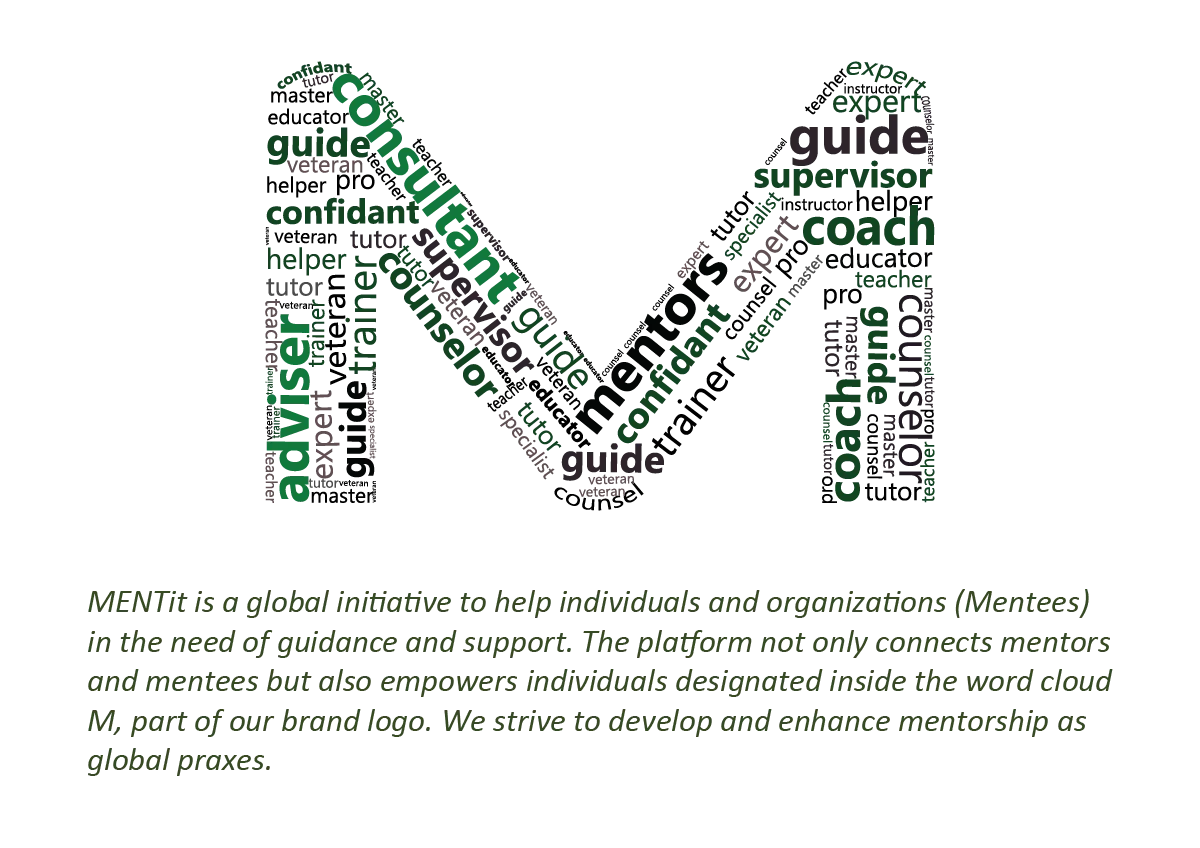GOOGLE DISCOVERS THE KEY TO GREAT TEAMWORK AFTER YEARS OF INTENSIVE ANALYSIS
By Author: Mr. TEAM MENTit (MENTit Both)Affiliation: MENTit
Every business needs a team to progress towards the finish line. Teamwork and team skills are what drive the company towards accomplishments. Google is one of those organizations that are known to everyone. There are thousands of employees working in the organization daily. Working in teams is very essential to reach the organization’s objectives.
GOOGLE’S INITIATIVES-
As working in teams is becoming a very common trait in any project nowadays, Google decided to analyze how working on teams impacts any person in different possible ways, how they can improve the efficiency of teams and get greater results.
Over the years, Google had conducted numerous researches and spent billions of money to know in-depth about the psychological nature of people. Among the many analyses done by the organization, one of the most successful projects was the Project Aristotle conducted in the year 2012.
PROJECT ARISTOTLE-
In 2012, Google started a project named – Project Aristotle. The aim of this project was to see how people in teamwork together, what improves their efficiency, what causes them to fail and how to build coordination among the teammates.
Abeer Dubey, Director of the People’s Analytics (HR) was selected to lead this project. Under the supervision of Abeer Dubay, the Aristotle team recruited several statisticians, psychologists, sociologists, engineers and researchers to help with Project Aristotle.
TYPES OF TEAMS FORMED-
While they were working to analyze people's behaviors in a team. Dubey and his team find out that there are two ways in which people come together for work-related purposes.
- WORKGROUPS-
The first type is the formation of workgroups. Here, many people come together for a common topic related to work. People in these groups are independent of each other’s tasks. They are generally formed due to organizational or managerial hierarchies. The work done by people in these workgroups is mostly done by a single person.
- TEAMS-
This is the second type of formation people come into. Here, people in an organization form teams to work on a given topic or project. The team members here delegate and divide their works. The work of the teammates is codependent on the work of the others. They plan, organize, solve problems, make decisions and review their work together. Here, the teammates need each other to complete the given task.
To get an in-depth analysis of people working in a group, Project Aristotle’s main focus was on teams where the teammates work co-dependently.
ANALYSIS OF THE TEAMS-
Once they found out which teams they needed to work on. The Aristotle team took various qualitative assessments and quantitative measures to test the effectiveness of different teams. The researchers of Project Aristotle conducted research from teams ranging from 3 to 50 team members. They conducted assessments for more than 160 teams.
The researchers asked all the team members of different teams to rate the team effectiveness on a scale and also give their reasoning. The Executives, team leaders, and team members all had to give their inputs for the assessments.
ASSESSMENTS IS DONE -
- EXECUTIVES-
The executives of the different teams gave their ratings in the qualitative assessments on the basis of the results acquired by the team performance. They were more concerned about results like the sales numbers and the profit.
- TEAM LEADER-
The team leaders were concerned about the goals, objectives and visions of the team and its members. That was the basis on which they rated the effectiveness of teams.
- TEAM MEMBERS-
The main concern of the team members was the team culture and environment.
RESULTS OF THE ASSESSMENTS-
After undertaking Project Aristotle, the researchers derived the following qualities that are most important in any team.
- Psychological Safety-
For any team to work efficiently, psychological safety is a must. This was one of the conclusions drawn after years of research by the Aristotle team. The teammates require a safe place for interpersonal development.
- Dependability-
The team members require a sense of dependability among each other. They need to know that they have each other’s back, and can depend on each other.
- Structure and Clarity-
The team members should have a clear vision of what they want to achieve and exactly how they are going to do that. Each member understands their role in the process.
- Meaning-
Each person should have a purpose either while doing the task or by achieving the results. The meaning of work may vary from person to person.
- Impact-
Seeing each person’s contribution in achieving the goal and objective, gives satisfaction to each team member.
References:
Disclaimer:
The views/opinions expressed in this blog by me as a MENTit user are my personal. MENTit or its promoters or other users may not share the same views or opinions as mine. If any copyright/trademark/patent/plagiarism/controversy issue emerges because of this article written by me, I, as an author, shall be the sole responsible for the consequences.








